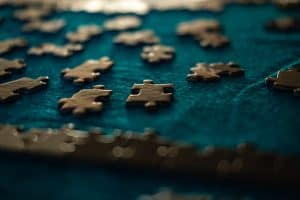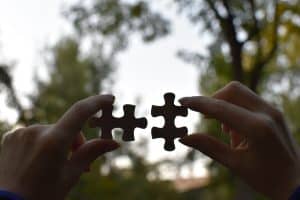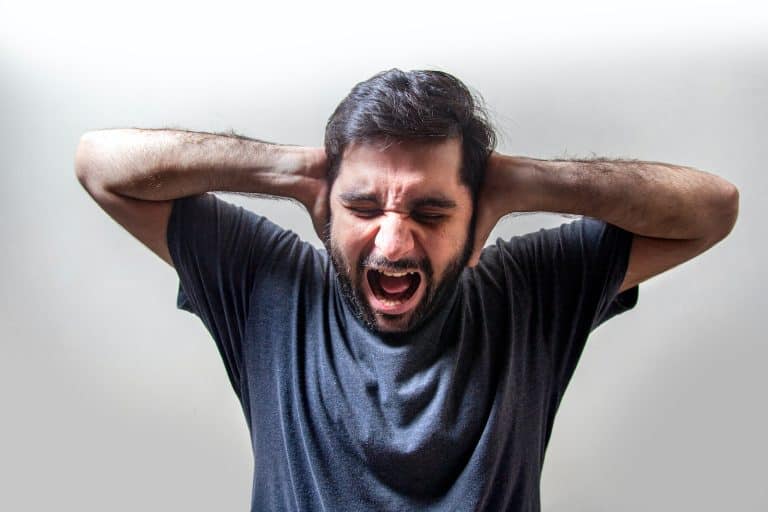In today’s fast-paced world, anxiety has become a common mental health issue. Many people are constantly searching for ways to alleviate their anxiety and find solace in their daily lives. One such avenue that has gained attention is solving jigsaw puzzles. This article explores the question, “Do jigsaw puzzles help with anxiety?” and delves into the potential mental health benefits they offer.
Do Jigsaw Puzzles Help With Anxiety?
Jigsaw puzzles have been a favorite pastime for generations. Whether it’s a longtime jigsaw puzzler or someone new to this puzzling hobby, many individuals find great satisfaction and relaxation in the act of piecing together small, intricate puzzle pieces to complete a larger picture. But do jigsaw puzzles go beyond being a mere entertaining activity, offering real benefits for mental health? Research suggests that they do!

Enhancing Problem-Solving Skills
Solving jigsaw puzzles requires problem-solving skills, as individuals need to analyze and logically determine where each piece fits within the overall puzzle. This exercise not only stimulates the brain but also enhances problem-solving abilities. This process can be particularly beneficial for individuals struggling with anxiety as it diverts their attention from their worries, allowing them to focus on a specific goal.
Engaging Full Brain Exercise
Completing a jigsaw puzzle engages multiple regions of the brain simultaneously, making it a fantastic exercise for brain health. It requires visual-spatial reasoning, pattern recognition, and concentration. This full brain exercise helps in improving short-term memory and cognitive abilities. As a result, it can be an effective means of distracting oneself from anxious thoughts and promoting mental well-being.
A Relaxing Way to Achieve Mindfulness
One of the key strategies to manage anxiety is to stay present in the moment. Jigsaw puzzling can be a mindful activity as it demands concentration and focus on the task at hand. While engaging in this activity, individuals can find themselves becoming fully absorbed, leaving behind all their other concerns. In essence, solving jigsaw puzzles allows one to escape the worries of everyday life and be present in the here and now.

The Shared Challenge and Social Connection
Engaging in puzzle-solving can also provide a sense of belonging and shared challenge. By involving family members or friends in solving a jigsaw puzzle, it becomes an activity that connects people, fostering social interaction and bonding. During these shared experiences, individuals can find solace and support, reducing feelings of isolation and anxiety.

Potential Health Benefits Beyond Mental Health
Apart from its therapeutic effects on mental health, jigsaw puzzling may also offer additional health benefits. Research suggests that engaging in activities that require focus and concentration, such as puzzle-solving, can lower blood pressure and reduce stress. Moreover, in a similar way that exercise can release endorphins, the sense of accomplishment from completing a puzzle can also provide a sense of satisfaction and happiness, aiding in combating anxiety and mood disorders.
Final Thoughts
While solving jigsaw puzzles may sound pointless to some, it has proven to be a beneficial activity for those seeking relief from anxiety and other mental health concerns. Jigsaw puzzles can help individuals develop problem-solving skills, engage in a full brain exercise, achieve mindfulness, and foster social connections. Furthermore, it can contribute to overall well-being by reducing stress and blood pressure. So, the next time you feel consistently stressed or overwhelmed, consider finding solace at a wooden table dedicated to the art of puzzling.

